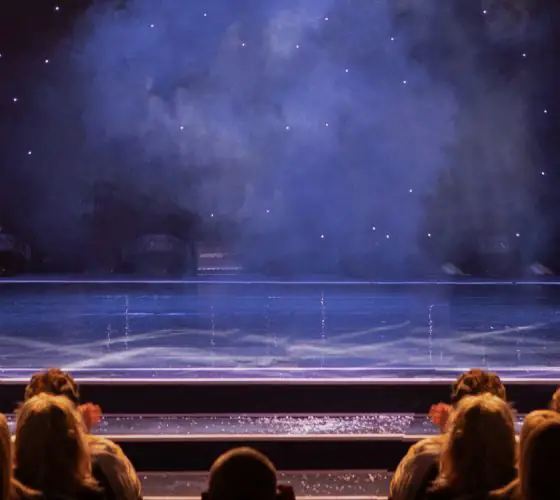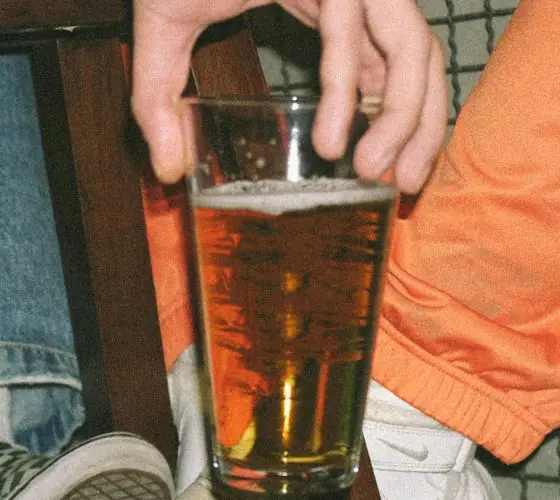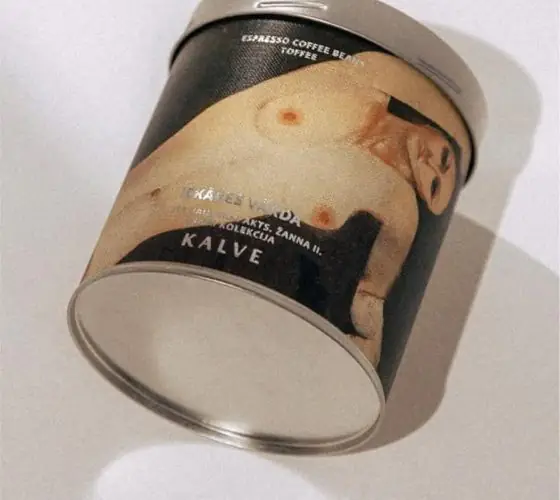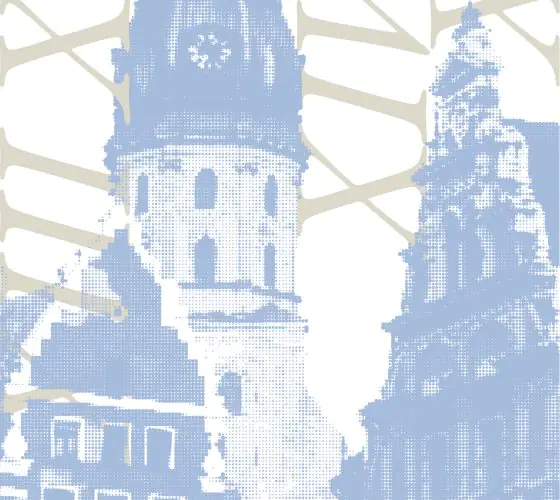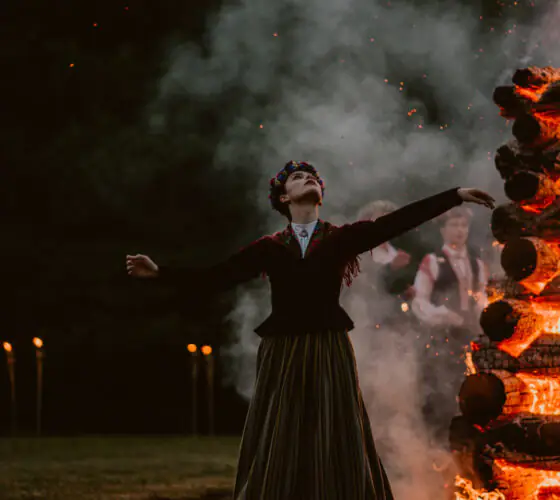
facebook.com/Dziesmusvetki
The most prestigious cultural event in Latvia
The festival attracts around 40 000 participants, including choirs, folk dance ensembles, orchestras, and other performing artists. Together they showcase their remarkable talents in a carefully designed synchrony, captivating audiences with extraordinary performances. Programme of the next event is already set multiple years ahead meaning that all 1600 groups participating have to train each week and qualify through a special demonstration in order to perform here.
The festival is so important that everyone in Latvia gets a day off to watch the final parade and concert. The tickets are always in highest demand and sold out the very same day they become available. Despite that, this event attracts a massive audience, with countless spectators from Latvia and around the world gathering to witness the mesmerizing displays of music and dance. The contagious energy and passion of the performers creates an unforgettable experience even for those who watch this spectacle from home.
The Latvian Song and Dance Festival was acknowledged as a Masterpiece of the Oral and Intangible Heritage of Humanity by UNESCO in 2003. This prestigious recognition highlights the festival’s immense cultural significance and its role in preserving Latvia’s traditions. The festival itself however, traces its roots back to the 19th century, when Latvia was undergoing a period of national awakening and striving for independence. It began with the inaugural national song festival held in 1873, serving as a crucial platform for preserving and promoting Latvian cultural identity.
Nowadays Latvian Song and Dance Festival follows a well-structured program, featuring a diverse range of performances, competitions, workshops, and exhibitions. The festival typically spans over a week, offering an immersive experience for both participants and spectators

facebook.com/Dziesmusvetki

facebook.com/Dziesmusvetki
Four periods of the festival
First festivals took place in the Baltic provinces of the Russian Empire. To obtain permission for the festival, they had to align it with a significant national event: the second festival celebrated the 25th anniversary of Emperor Alexander II’s rule, the fourth festival marked 100 years since Courland was annexed by Russia, and the fifth festival commemorated 200 years since Vidzeme joined Russia. The first festival already established the main traditions of the event, including the procession, choir concerts, and choir competitions.
In the second period this festival took place in an independent Latvia for the first time. During these years, Latvian amateur choirs reached a recognized high level. Although compared to modern days these events were relatively small, it’s during this time when the national pride seed was planted in the soil of Latvia. It was here, where the tone of what the national song and dance festival represents was set.

facebook.com/Dziesmusvetki
Taking place in the Soviet-occupied Latvia it was included in the self-organized category of the Soviet cultural system. A special state structure was created to organize them, aiming to sever connections with previous festivals by adapting to the new system. The festivals were subject to totalitarian censorship and ideological influence, often dedicated to important regime anniversaries. A significant part of the repertoire consisted of compositions that demonstrated loyalty to the Soviet regime. Starting from the tenth festival, dance group performances, demonstrations by athletes and artists, and children’s and students’ singing and dancing performances were included. The first independent Latvian School Youth Song and Dance Festival took place a few weeks before the thirteenth Nationwide Latvian Song and Fourth Dance Festival.
The festival took place and continues to do so in an independent Latvia since in 1990, which formally took place during the Soviet occupation, but its repertoire was no longer subject to totalitarian censorship. These festivals marked the first participation of Latvian choirs and conductors from around the world in the post-war era. They also introduced a significantly different model of events, which continued to be used and developed in subsequent festivals. However, several elements, such as the multi-stage organization model, dance group and wind orchestra competitions, inclusion of dance in choir concerts, and large-scale dance performances in sports stadiums, were adopted from the third period and used in the fourth period.
Where singing and dancing becomes one
The Latvian Song and Dance Festival presents a variety of choral performances, ranging from traditional Latvian folk songs to modern compositions. Audiences are enchanted by the harmonious voices of choirs of all ages, from children to adults. And although folk dancers have their own performances throughout the festival, for the final concert the best of both worlds come together and create something very special together.

facebook.com/Dziesmusvetki

facebook.com/Dziesmusvetki

facebook.com/Dziesmusvetki
These visually captivating performances showcase the cultural expressions and the sheer joy of movement. Additionally, the festival celebrates instrumental music, featuring orchestras, ensembles, and soloists who showcase their talent on both traditional and contemporary instruments. To further engage participants and spectators, the festival offers workshops and exhibitions scattered around Riga. They provide hands-on experiences and an opportunity to learn about Latvian cultural traditions while showing appreciation to the craftsmanship behind traditional instruments and costumes.
When and where is the next festival?
The upcoming Song and Dance Festival will start on the 1st of July, 2023 and will be held across various areas of Riga. The event spaces will undergo special decorations, with purpose-built stages and large screens placed throughout the city. The surroundings will be decorated to ensure visitors can fully immerse themselves in the festival experience. The main choir and dance performances will take place at their traditional venues, the Silver Grove stage in Mežaparks and Daugava Stadium. These locations have been renovated to enhance the experience for both the audience and the participants of the 2023 Song and Dance Festival.

facebook.com/Dziesmusvetki
Although the tickets have been sold out, the vibrant energy and quite frankly – extra 40 000 people in Riga can be felt in every way possible. This is truly a remarkable event and the fact that it’s only happening once every five years makes it even more special. People walking in national costumes on streets, singing, dancing and simply celebrating who they are.









